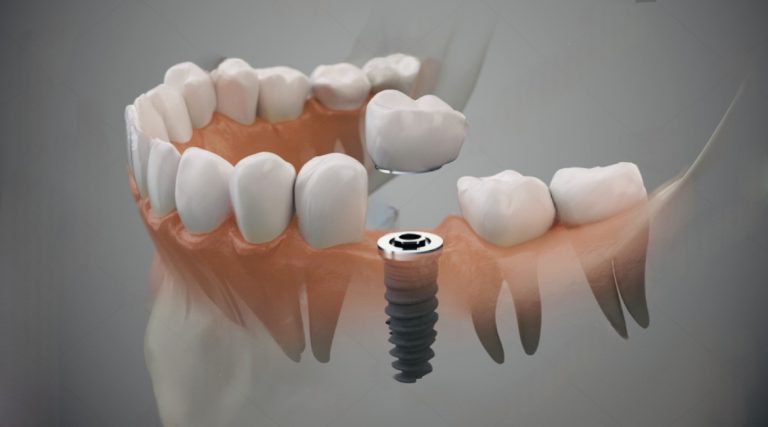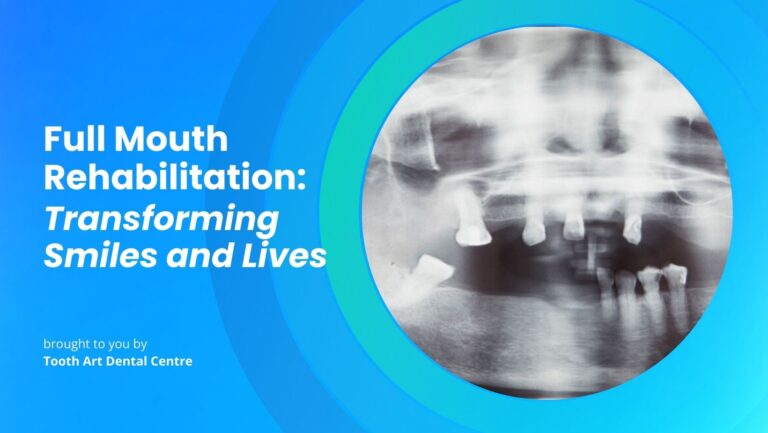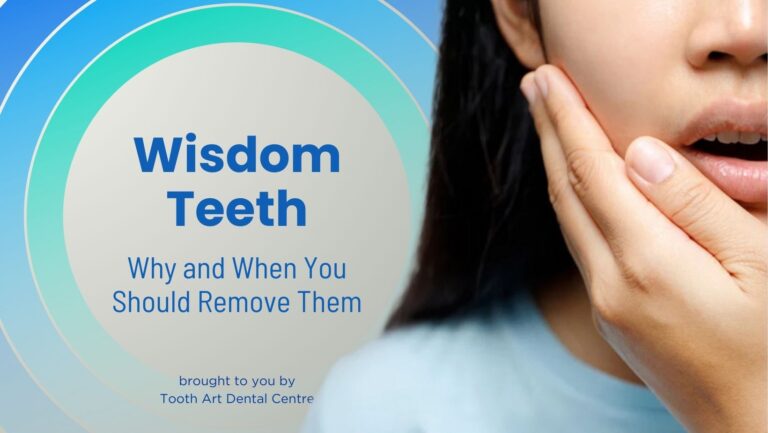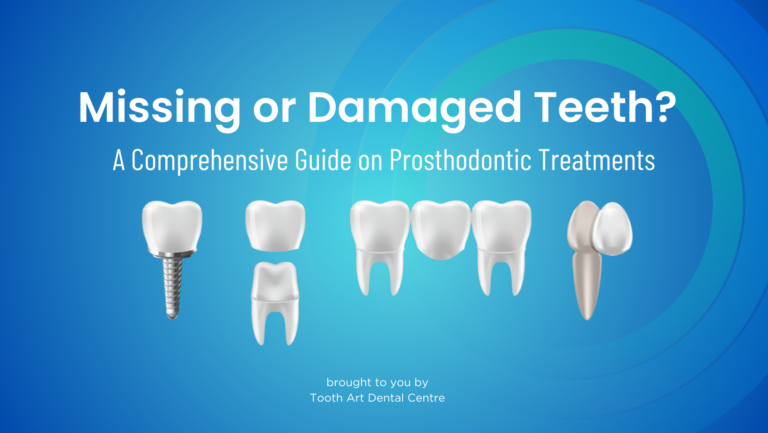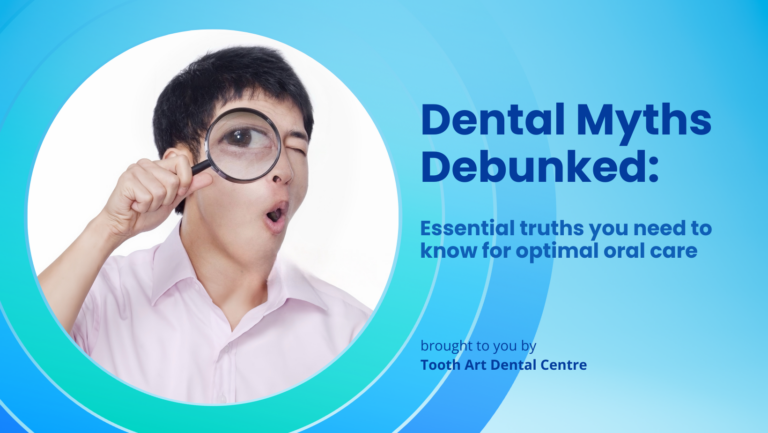Periodontics: How Gum Health Affects Your Overall Well-being
There is a Chinese saying “病从口入” which translates to “disease enters through the mouth”. The truth is that neglecting dental health can lead to other medical conditions. Good oral hygiene goes beyond just having pearly white teeth; overall health of the gums is equally important. While the focus is often on treating problems with the teeth, the gums can often be overlooked. Gum diseases can have direct consequences on dental stability and even impact general health by increasing the risk of heart disease and stroke. This emphasises the critical role of periodontics – the dental specialty dedicated to the care and management of jawbone and gum health.
The Role of the Gums
Gums are the supportive tissues that snugly hold your teeth in place, forming a firm barrier that safeguards against bacterial invasions. Maintaining the health of your gums is as crucial as caring for your teeth because they work together to uphold your dental structure.
The Importance of Gum Health
Healthy gums are essential not only for a beautiful smile but also as a defense mechanism against broader health issues. In the field of periodontics, which deals with gum health, specialists known as periodontists are trained to spot and treat early signs of gum disease, preventing it from advancing to a stage where it could lead to tooth loss and other health problems.
Common Gum Problems and How to Prevent Them
Gum disease starts with bacteria in the mouth and can end with tooth loss if not treated. Symptoms include red, swollen gums, or bleeding when brushing. Without intervention, this can progress to periodontitis, where teeth may loosen or fall out. Regular dental routines, brushing and flossing, are effective preventive measures.
Treatments in Periodontics
Common periodontal treatments include scaling and root planing, a deep-cleaning process that removes plaque and tartar from below the gumline and smooths the tooth roots to promote gum reattachment. For more advanced cases, surgical procedures such as pocket reduction surgery, crown lengthening, bone and gum grafts may be necessary to restore damaged tissue and support structures as well as to enhance the appearance of the smile.
The Hidden Dangers of Gum Disease
Beyond the discomfort and risk of tooth loss, research suggests that inflammation and bacteria associated with periodontal disease might play a role in the development or exacerbation of the following conditions:
- Heart Disease: It’s believed that inflammation caused by gum disease can increase the risk of heart disease and exacerbate existing heart conditions. Bacteria from the mouth can enter the bloodstream and cause inflammation in the blood vessels, which can lead to atherosclerosis (hardening of the arteries) and increase the risk of heart attack.
- Stroke: Similar mechanisms that link gum disease to heart disease may also increase the risk of stroke. Inflammation and the presence of oral bacteria in the bloodstream could potentially lead to the formation of blood clots and contribute to the narrowing of arteries in the brain.
- Diabetes: Individuals with diabetes are more susceptible to gum disease and conversely, severe gum disease can worsen diabetes by making it harder to control blood sugar levels. The inflammation from gum disease can increase insulin resistance and therefore blood sugar levels.
- Respiratory Disease: The bacteria from infected gums and teeth can be inhaled into the lungs or travel there through the bloodstream, potentially leading to respiratory diseases like pneumonia, especially in people with weakened immune systems.
- Rheumatoid Arthritis: Studies have shown a link between periodontal disease and rheumatoid arthritis (RA), an autoimmune disease. The theory is that the inflammation triggered by gum disease may initiate or exacerbate the inflammation in RA.
- Poor pregnancy outcomes: Research has shown that gum disease can increase the risk of preterm birth and low birth weight. The bacteria from gum infections in expecting mothers can enter the bloodstream and potentially reach the foetus, triggering inflammatory responses that may lead to complications such as early labour. Expecting women should inform their dentist about their pregnancy as this may affect treatment plans or the use of certain medications. Generally, dental work during the second trimester is deemed the safest, but urgent dental issues should be addressed promptly regardless of the pregnancy stage.
Preventing and treating gum disease through proper oral hygiene and regular dental check-ups is crucial not only for maintaining oral health but also for protecting against these associated health risks.
At Tooth Art Dental Centre, our trained dental specialists are committed to providing comprehensive care to combat gum disease, understanding that healthy gums are foundational to overall oral health and well-being. Our approach to managing and treating gum disease encompasses a wide range of services tailored to meet the individual needs of each patient. With a strong emphasis on education, we aim to prevent dental diseases from becoming more severe health concerns.
Are you concerned? Schedule a consultation with our periodontist today.
For more information, visit Tooth Art Dental Centre.


